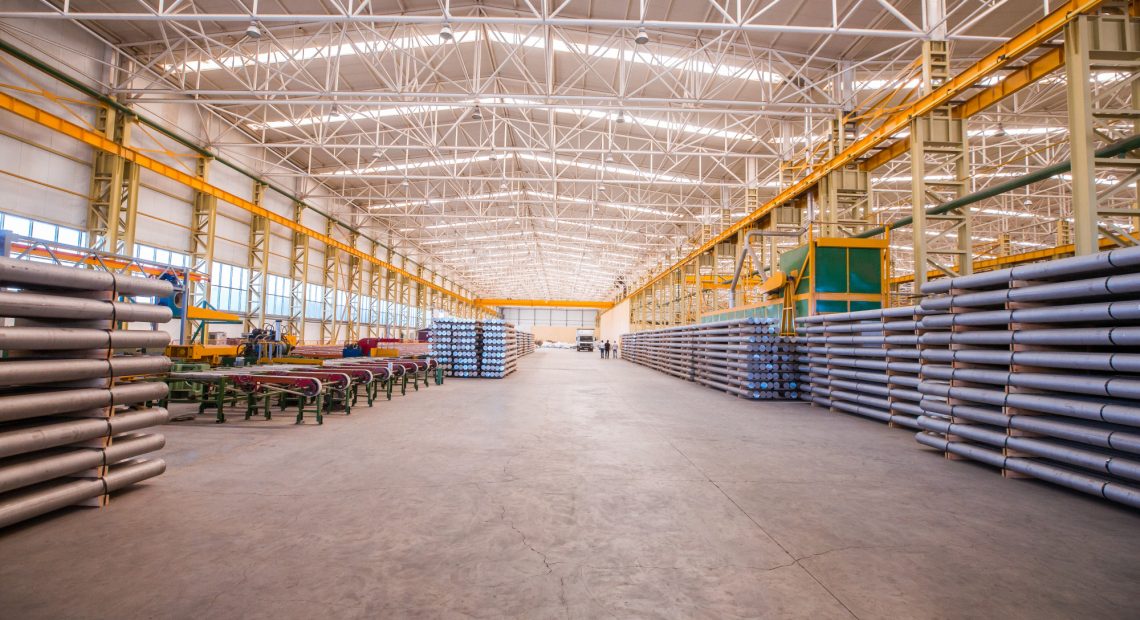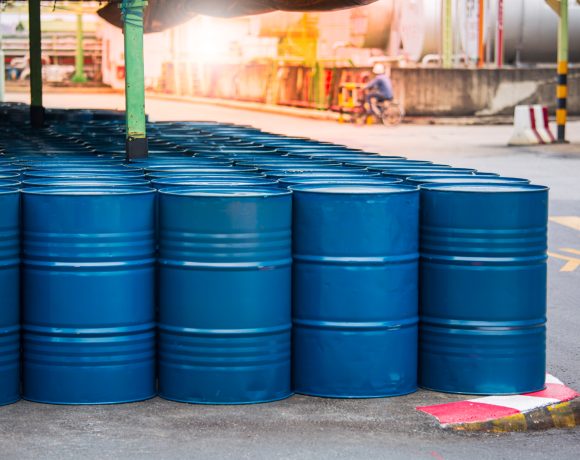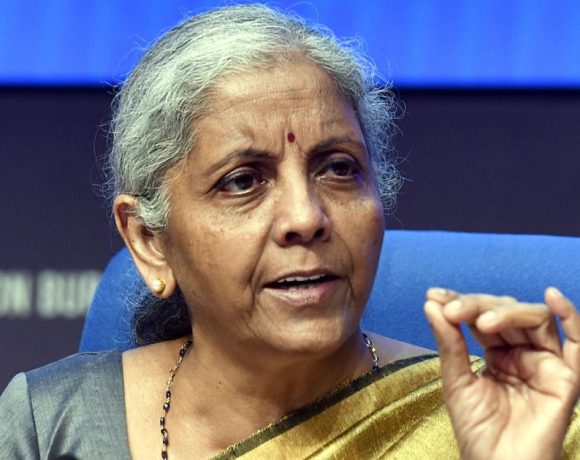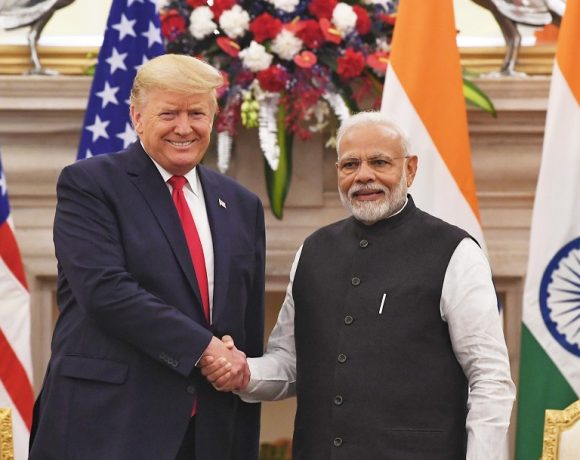
Automakers Challenge Proposed Safeguard Duty on Steel Imports
Indian automobile manufacturers are expressing concerns over a proposed safeguard duty on certain steel imports, emphasizing the absence of domestically produced alternatives that meet stringent emission and safety standards.
Investigation into Steel Imports
On December 19, 2024, the Directorate General of Trade Remedies (DGTR), under the Ministry of Commerce, initiated an investigation following an application by the Indian Steel Association (ISA). The application advocates for imposing a safeguard duty on non-alloy and alloy steel flat products, including hot-rolled coils, sheets, plates, and cold-rolled variants.
Automakers’ Position
Automotive industry representatives have communicated to the DGTR that the domestic steel industry currently lacks the capacity to produce specific grades of steel essential for manufacturing vehicles that comply with modern emission and safety regulations. Consequently, automakers are compelled to import these specialized steel grades to maintain production standards and ensure consumer safety.
Rising Steel Imports and Domestic Industry Concerns
India’s finished steel imports have seen a significant increase, reaching 5.7 million metric tons during April-October 2024, marking a seven-year high. This surge has raised concerns within the domestic steel industry about potential market imbalances and the need for protective measures.
Balancing Domestic Production and Import Needs
While the domestic steel sector seeks protection against rising imports, automakers highlight the critical need for specific high-grade steel types not currently produced in India. They argue that imposing safeguard duties without ensuring the availability of these specialized grades domestically could disrupt vehicle manufacturing and affect the industry’s adherence to global standards.
Conclusion
The ongoing deliberations between the DGTR, the Indian Steel Association, and automobile manufacturers underscore the complex dynamics of balancing domestic industry protection with the practical needs of specialized sectors. As the investigation progresses, stakeholders aim to find a solution that supports both the growth of domestic steel production and the operational requirements of the automotive industry.


















